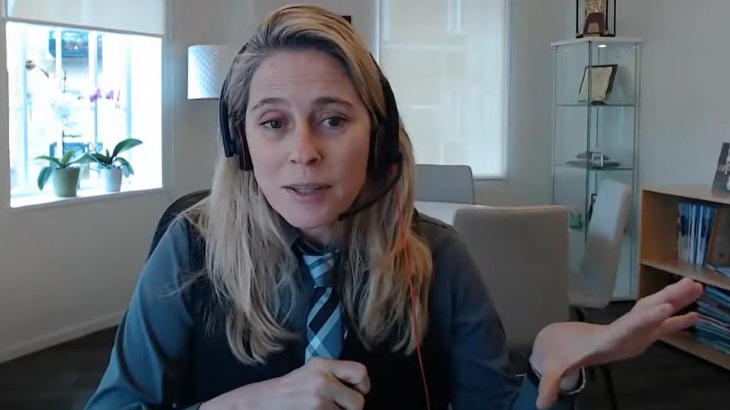The 'Specializing Master' is organised by the Department of Energy at Politecnico di Milano and the European Nuclear Education Network (ENEN), in collaboration with the European Joint Research Centre (JRC), the European Safeguards Research and Development Association and several international organisations, including the IAEA.
Aparo was one of the panellists on a webinar ENEN held to unveil the new one-year course, which starts this October. Aparo said the programme identifies a set of key competencies from which to build a career "either in a specific sector or one that spans advanced studies and practical implementation".
ENEN says the syllabus reflects how the nuclear safeguards system has evolved over decades into "a multifaceted set of legal and technical measures" aimed at verifying the compliance of states with their non-proliferation commitments in the nuclear sector. The course is aimed at "professionals and officials, with and without a nuclear background, from national organisations, public organisations, R&D centres and industries", it said.
Sama Bilbao y León, director general of World Nuclear Association, welcomed the initiative.
"Historically, perhaps because the industry has had a desire to separate the energy and peaceful applications of nuclear science and technology from the most sensitive applications in terms of nuclear weapons, the topics of nuclear safeguards, nuclear security, nuclear non-proliferation have been underemphasised in most traditional academic nuclear engineering programmes," she said. "This is unfortunate because clearly there is a very important need to make sure that all nuclear professionals are knowledgeable and fluent in this area."
The "blended format" of the Master's programme comprises eight months of online modules, six weeks of laboratory experience and three months of project work. Project topics include the history of non-proliferation and safeguards; national and international legal frameworks; the fuel cycle and non-proliferation; nuclear material accountancy and mathematical methods for nuclear safeguards.
A recording of the webinar is here.





_18570.jpg)
_16159.jpg)
_18938.jpg)
_33584.jpg)





